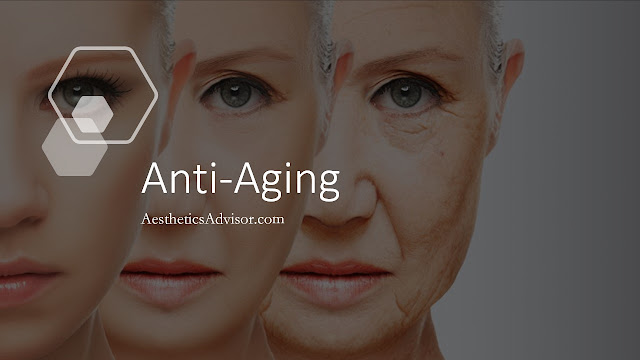Biological Age vs Chronological Age: What's the Difference
But maybe your doctor says you have the physical conditioning of a 21-year-old. This would be considered your biological age, regardless of how many years ago you were born.
Your chronological age will always be an easy-to-determine number, while your biological age depends on a number of variables that can change on a continuing basis.

What is chronological aging?
It’s also a primary risk factor for chronic diseases, mortality, and any impairments to bodily functions, such as hearing and memory.
What is biological aging?
The basic idea behind biological aging is that aging occurs as you gradually accumulate damage to various cells and tissues in the body.Also known as physiological or functional age, biological age differs from chronological age because it takes into consideration a number of factors other than just the day you were born.
- chronological age
- genetics (for example, how quickly your body’s antioxidant defenses kick in)
- lifestyle
- nutrition
- diseases and other conditions
Using these guidelines along with various mathematical models, medical professionals can figure out what age your body “acts” like it is.
While chronological age is a factor, you may not end up having the same biological age as your chronological age.
For example, if you’re a 28-year-old male who doesn’t exercise, only eats high-fat foods, and has smoked five packs of cigarettes per day for the last 10 years, it’s likely you would have a biological age of greater than 28 years.How to age healthily
You can take numerous steps to try to improve your biological age. Starting at any age, including 70+, can help. Here are some of the ways you can healthily age:Exercise or engage in physical activity
Everybody, especially those with high blood pressure, diabetes, heart disease, or arthritis, can benefit from regularly exercising.
For younger adults, exercise improves the amount of blood the heart can pump with each beat (stroke volume) and lowers resting heart rate.
Exercise helps older adults have better heart and lung function, which can increase endurance and reduce fatigue.
Types of exercises to try include the following:
- Balance exercises reduce the risk of falling, which is a major cause for injuries in elderly adults.
- Strength exercises help build muscle mass, which reduces the risk of osteoporosis later in life.
- Endurance exercises help your breathing and heart rates rise, which on a regular basis improves lung and heart health and stamina, as well as benefiting your circulatory system. Examples of endurance exercises are swimming, walking, and biking.
- Stretching keeps your body loose, which allows you to continue doing everyday tasks with minimal aches and pains.
Maintain a healthy weight
Overweight individuals have a higher risk of high blood pressure, heart disease, diabetes, certain forms of cancer, and more.However, being thinner doesn’t mean you are necessarily healthier. It could be the result of increased frailty or another underlying condition.
Maintain a healthy shape
In addition to weight, the way your body distributes fat is very important for healthy aging. This is usually determined by your waist-to-hip ratio and waist circumference.
- Pear-shaped bodies. Fat accumulates on the outer edges, such as your hips and thighs. This is the sign of a healthy body fat distribution.
- Apple-shaped bodies. Fat shifts from the outer edges to the abdomen and waist, which can increase the chance of heart disease and breast cancer.
Eat more foods with a low glycemic index value
The nutrients in these types of food helps keep your bones, muscles, and organs strong for long periods of time.
Examples of these foods include fruits, vegetables, beans, low-fat dairy, and high-fiber (whole-grain) breads. Try adding these to your diet.
Additionally, reduce the amount of fast food, white bread, and soda that you consume, as these can cause an unhealthy increase in blood sugar.
Be aware of the nutrients in the foods you eat
Although more studies need to be done on factors for determining
biological age,
Being actively aware of what constitutes a healthy diet and consulting nutrition labels when making food purchases may help improve your biological age.
.png)

.png)






Comments
Post a Comment